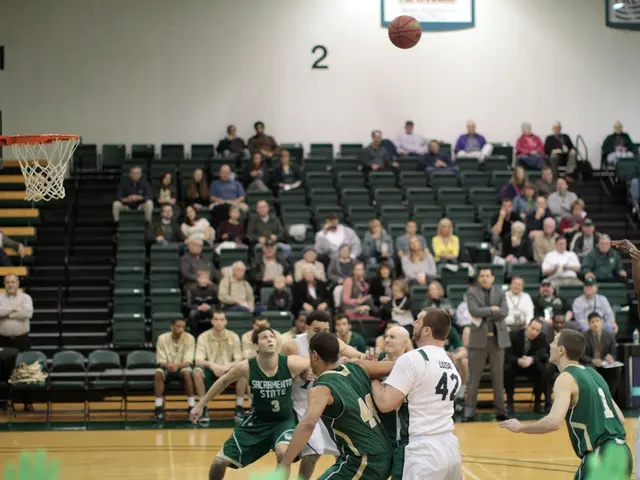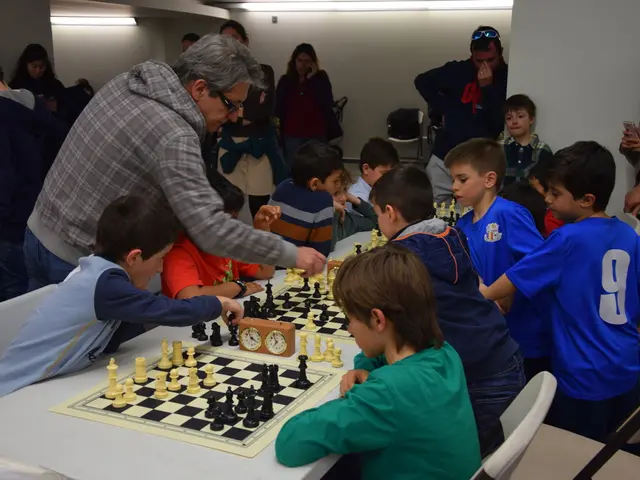International conflict with Iran regarding nuclear capabilities: Europeans intervene decisively
The nuclear dispute between Iran and the E3 (Germany, France, and the UK) is escalating, with Iran's Foreign Minister Abbas Araghtchi criticizing the move to reimpose UN sanctions as "baseless and unlawful."
Araghtchi called on the E3 to correct their actions and warned of Iran's potential countermeasures, including halting cooperation with the International Atomic Energy Agency (IAEA) and withdrawing from the Nuclear Non-Proliferation Treaty.
The UN Security Council has 30 days to decide whether to continue the current suspension of sanctions against Iran. If no resolution is submitted or if it is rejected, previous UN sanctions from 2006 to 2010 will be reinstated without further Council discussion. The sanctions could also target Iran's economy and military goods, putting more pressure on Tehran.
The E3's move shows that they are running out of patience, especially with a deadline looming in mid-October. The E3 has triggered a mechanism to reimpose UN sanctions on Tehran due to Iran's actions in expanding its nuclear infrastructure.
Diplomats have repeatedly criticized Iran for continuing to violate the 2015 nuclear deal and producing near-weapons-grade uranium. Iran had stopped complying with the agreement after the US unilaterally withdrew in 2018.
The reactivated sanctions might send a signal to companies worldwide that cooperation with Iran can be risky, potentially leading to fewer businesses engaging with Iran. The USA demanded a halt to Iran's uranium enrichment during negotiations, a demand that Tehran strictly rejected.
The diplomatic representative of Iran who spoke by phone with the European states and EU foreign policy chief Kaja Kallas is Iran's foreign minister Abbas Araghchi. Araghchi urged a responsible approach from the European E3 group and emphasized that Iran's numerous violations of the 2015 Vienna Nuclear Deal cannot be tolerated.
Russia, which has close military and economic ties with Iran, has not yet announced its stance on the reinstatement of UN sanctions. France and the UK have requested a meeting of the UN Security Council to discuss Iran's nuclear program, scheduled for Friday.
Israel and the USA have shown determination to prevent Iran from building a nuclear bomb through military strikes. In June, Israel waged a 12-day war against Iran, bombing nuclear facilities and killing at least ten nuclear scientists. Before the war, Iran had more than 400 kilograms of uranium with a 60% purity level, according to an IAEA report.
As the deadline for the UN Security Council's decision approaches, tensions between Iran and the E3 continue to rise, with both sides showing no signs of backing down. The reinstatement of UN sanctions could further pressure Iran, which is already economically weakened by US sanctions. The international community will be closely watching the developments in this ongoing dispute.








